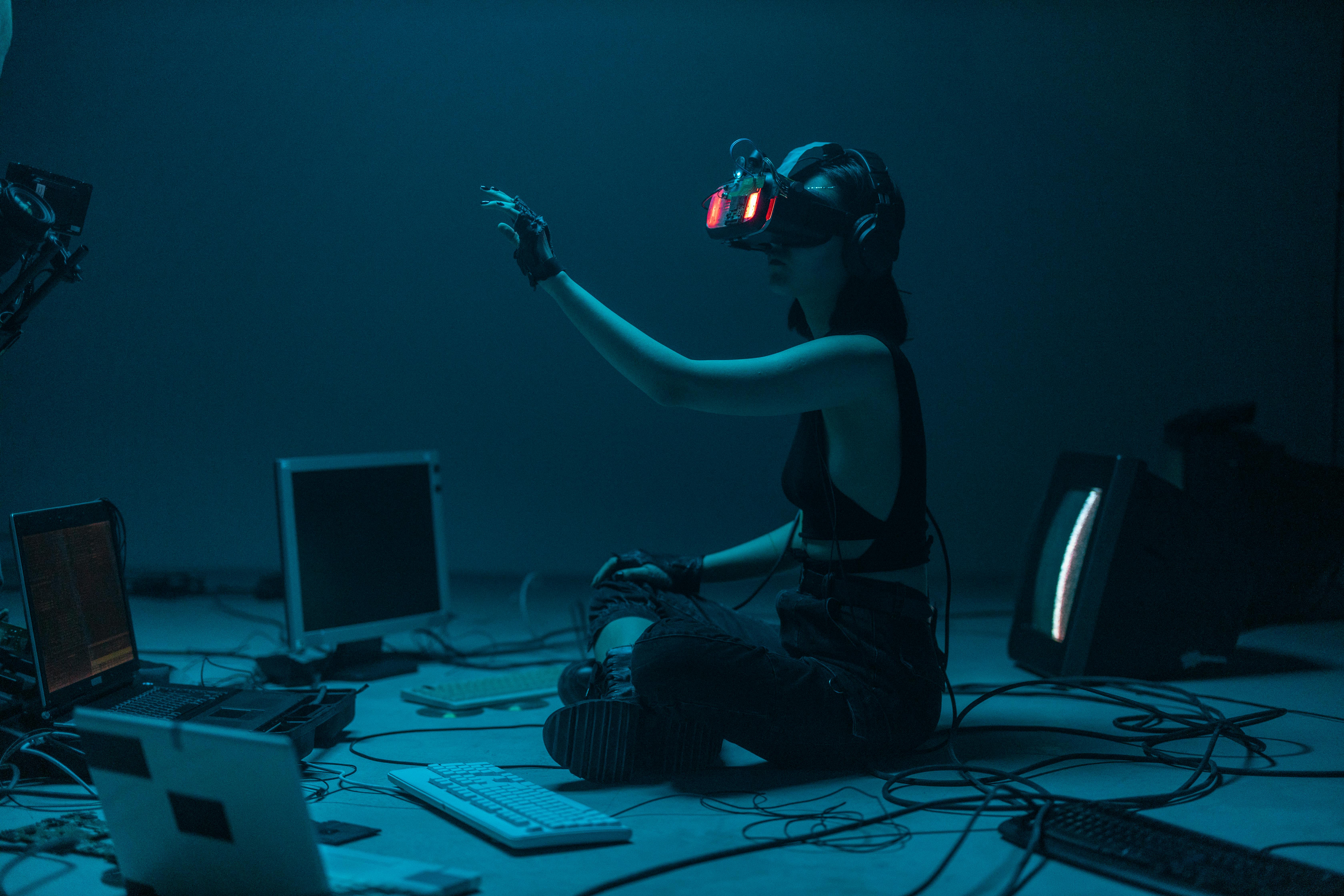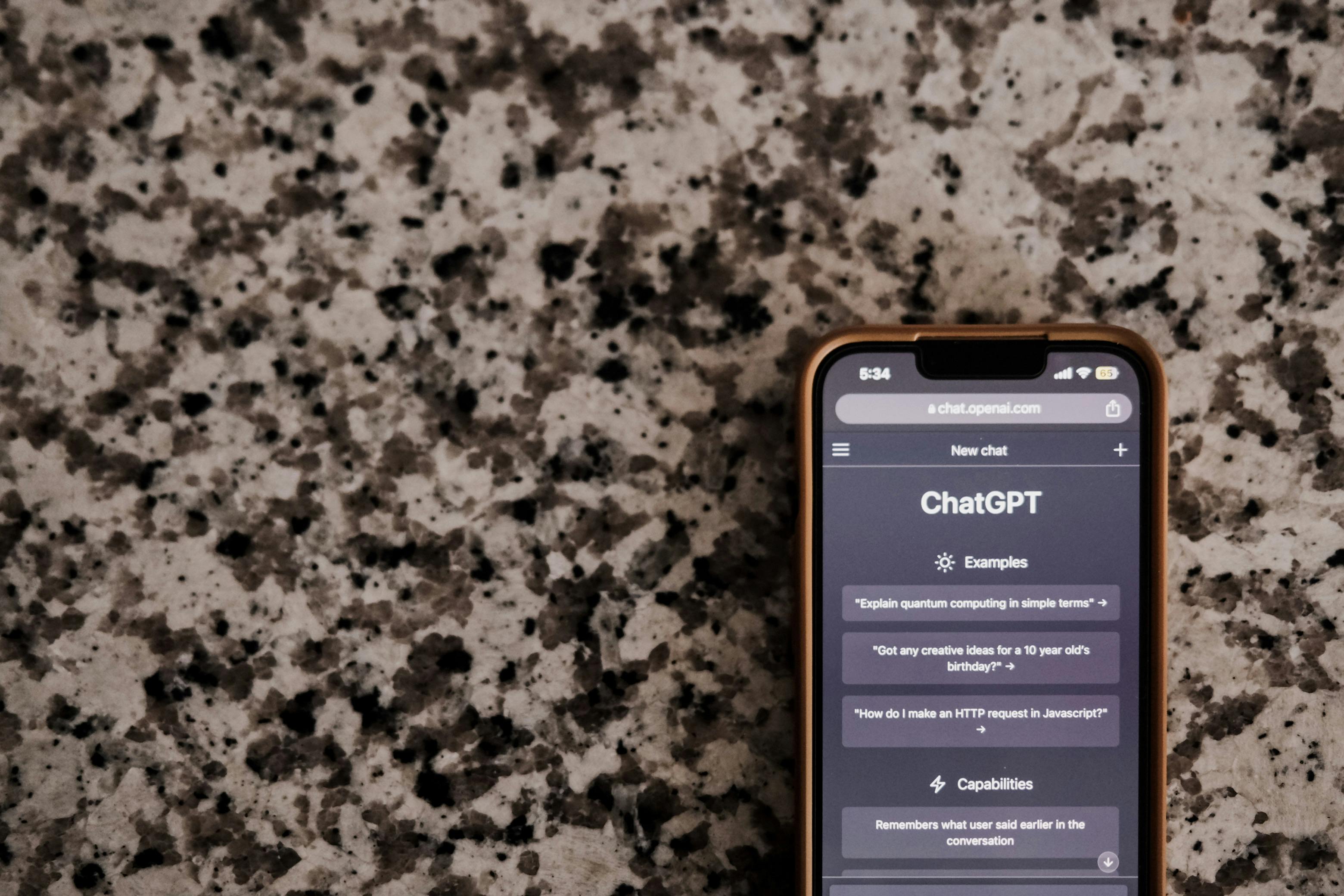AI Revolutionizes the Future of Hearing Aids: A Comprehensive Overview

Hearing loss is a common condition that affects millions worldwide. Advances in medicine and technology have produced several effective solutions for managing hearing impairment, however, the most prominent among these is the use of hearing aids. Most recently, the insertion of artificial intelligence (AI) into hearing aids is poised to revolutionize the way hearing impairments are treated.
Understanding the Foundations of Hearing Aid Devices
Before delving into the role of AI in hearing aids, it’s essential to understand how these devices fundamentally operate. Hearing aids are essentially miniature speakers that amplify sound. They come with a microphone to pick up sound, an amplifier to boost the signals, and a speaker to deliver the amplified sound into the individual's ear. Modern hearing aids also come with multiple channels. This allows the hearing aid to process sounds at different frequencies separately, allowing for a more bespoke, tailored hearing experience.
The Evolution of Hearing Aids
The ability to separate sound frequencies was a significant advancement, but it has not resolved all the challenges associated with hearing aids. For instance, users often complain that in noisy environments such as crowded restaurants or city streets, hearing aids enhance all the sounds, making it difficult to focus on one particular conversation or sound source. Enter the field of artificial intelligence. This powerful technology promises to address these gaps and enhance the user's experience with hearing devices.
Advent of Artificial Intelligence in Hearing Aids
AI is intruding every tech-related field and hearing aid technology is no exception. The integration of AI into hearing aids has resulted in devices that can adapt to an individual's environment and their specific hearing loss situation. AI-powered hearing aids can filter out background noise, adjust the frequency of amplification in real-time based on the individual's current environment, and learn from the user's listening habits to provide a more personalized hearing experience.
How AI Enhances the Use of Hearing Aids
One of the most significant ways that AI is aiding hearing impaired individuals is by introducing noise reduction capabilities. While traditional hearing aids amplify all sounds, AI-powered ones have the ability to distinguish between speech and noise. Through sophisticated algorithms, these devices can enhance the sounds of speech while reducing background noise. This is a game changer that allows users to better hear and comprehend conversations even in noisy environments.
Moreover, AI can learn and adapt to the user's preferences over time. The more an individual uses their AI-powered hearing aid, the better the device becomes at distinguishing various sound inputs and tailoring the audio output to suit the user's specific situations.
AI Takes the Stage: The Future of Hearing Aids
AI is only beginning to leave its mark on the hearing aid industry. We will likely see even larger strides in the coming years. Imagine a world where your hearing aid is connected to the internet, accessing real-time data to adjust your settings as needed. For example, AI could access a forecast to expect increased wind noise, causing an automatic readjustment to make hearing easier even in challenging weather conditions.
The future of hearing aids is bright, with AI set to take center stage. We can anticipate that as AI technologies continue to advance, the capabilities of hearing aids will also continue to improve, offering users an experience that is even more seamless, adaptive, and personalized. With these advancements, millions of hearing impaired individuals all over the world can look forward to a higher quality of life, made possible by the marriage of AI and hearing aid technology.



